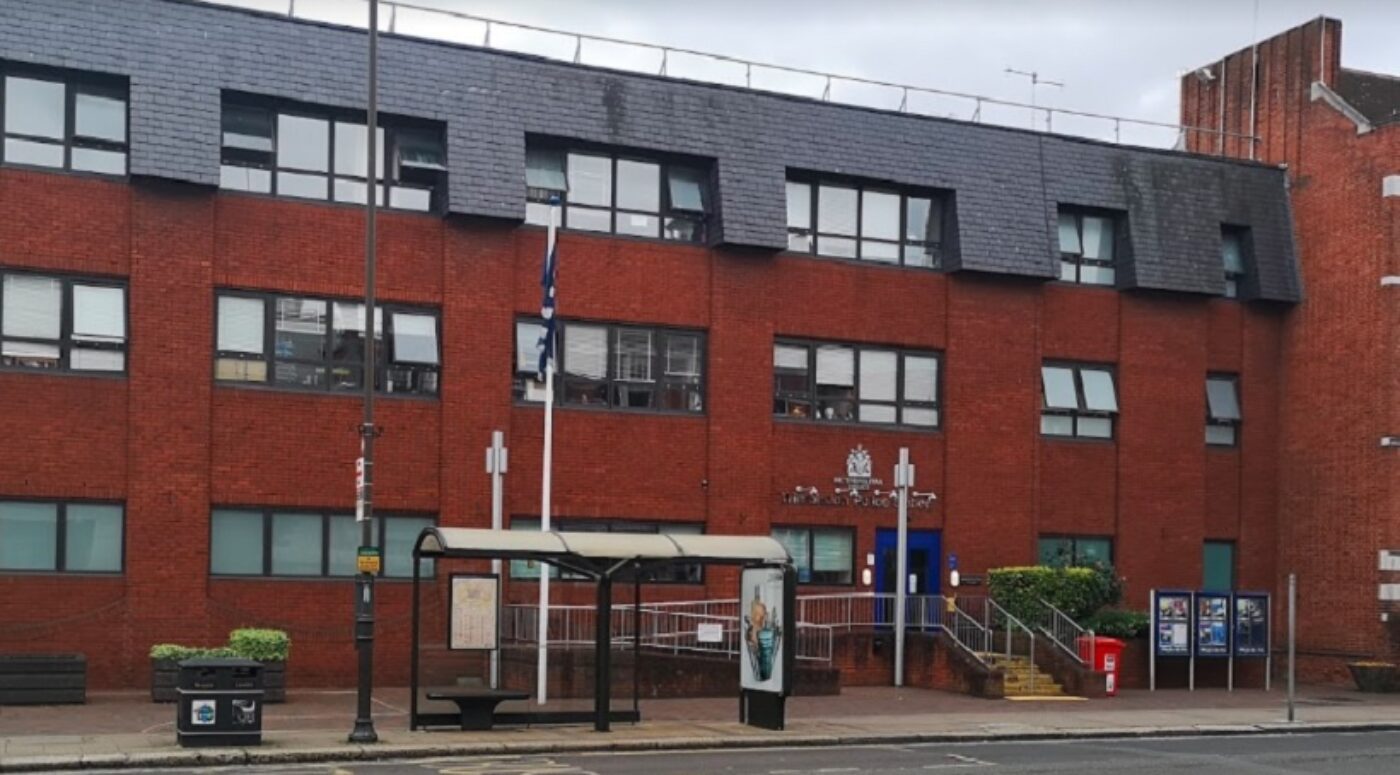

Facing an allegation of conspiracy to commit grievous bodily harm (GBH) can be an overwhelming and frightening experience, especially if you have little or no previous contact with the criminal justice system. The law surrounding conspiracy to commit GBH is complex, and the consequences of a conviction can be extremely serious, including lengthy prison sentences and a lasting impact on your personal and professional life. If you or someone you care about is under investigation, has been arrested, or has been charged with conspiracy to commit GBH, it is crucial to understand your rights, the legal process, and the importance of seeking expert legal advice as early as possible. This article provides information about conspiracy to commit GBH, what to expect if you are facing such an allegation, and how a criminal defence solicitor can help you navigate the process and protect your interests.
Do I need a solicitor for conspiracy to commit GBH?
Conspiracy to commit GBH is an offence under the Criminal Law Act 1977, which makes it a crime for two or more people to agree to commit grievous bodily harm, even if the harm itself is never actually carried out. GBH itself is defined under the Offences Against the Person Act 1861, and involves causing really serious injury to another person. The law on conspiracy is particularly complex because it focuses on the agreement between individuals, rather than the act itself, and the prosecution must prove that there was a genuine intention to cause serious harm.
If you are suspected of, or charged with, conspiracy to commit GBH, you really ought to have a solicitor represent you. The reasons for this are numerous. First, the police and prosecution will be gathering evidence, which may include surveillance, phone records, witness statements, and other forms of intelligence. A solicitor will be able to scrutinise this evidence, identify any weaknesses or inconsistencies, and ensure that your rights are protected throughout the investigation. Second, conspiracy cases often involve multiple defendants, and the prosecution may try to use statements or evidence from one person against another. A solicitor will be able to advise you on how to respond to police questions, whether to answer or remain silent, and how to avoid inadvertently incriminating yourself or others.
Furthermore, the legal arguments in conspiracy cases can be highly technical, involving issues such as the admissibility of evidence, the definition of an agreement, and the intentions of those involved. Only a qualified solicitor with experience in serious criminal cases will be able to challenge the prosecution’s case effectively, present your side of the story, and ensure that you receive a fair trial.
What are possible defences to conspiracy to commit GBH?
In any prosecution for conspiracy to commit GBH, the burden is on the prosecution to prove beyond reasonable doubt that you entered into an agreement with at least one other person to cause grievous bodily harm, and that you intended or believed that such harm would be caused. There are several possible defences that may be available, depending on the circumstances of your case.
One possible defence is that there was no genuine agreement to commit GBH. Sometimes, people may be accused of conspiracy based on conversations or associations that are misinterpreted by the police. If there was no real plan or intention to cause serious harm, this can be a strong defence. Another defence may be that you did not have the necessary intent or belief that GBH would be caused. For example, you may have been present during discussions but did not agree to participate, or you may have misunderstood the nature of the conversation.
Entrapment is another potential defence, which arises if the police or another party encouraged or persuaded you to become involved in a conspiracy that you would not otherwise have joined. In such cases, your solicitor can argue that the prosecution’s evidence is unfair or should be excluded.
Will I get bail for conspiracy to commit GBH?
When you are charged with conspiracy to commit GBH, the question of bail is probably high on your list! The court must decide whether you can be released from custody while your case is ongoing, or whether you must remain in prison until your trial. The decision is based on several factors, including the seriousness of the offence, your previous criminal record, the strength of the evidence, and any risks you may pose.
The court will consider whether there is a risk that you might fail to attend court, commit further offences, interfere with witnesses, or obstruct the course of justice. Because conspiracy to commit GBH is a serious offence, the prosecution may argue that you pose a significant risk, especially if there is evidence of planning or organisation.
Will I have to go to court if I’m arrested or charged for conspiracy to commit GBH?
If you are arrested or charged with conspiracy to commit GBH, it is highly likely that you will have to attend court. Conspiracy to commit GBH is an indictable-only offence, which means it can only be tried in the Crown Court before a judge and jury. Your first appearance will usually be in the Magistrates’ Court, where the basic details of the case are set out and decisions are made about bail and legal representation. The case will then be sent to the Crown Court for further hearings and, if necessary, a trial.
Attending court can be a daunting experience, but your solicitor will guide you through the process, explain what to expect, and represent you at every stage. They will ensure that your rights are protected, that you understand the charges and the evidence against you, and that you have the best possible chance of a fair outcome. If you fail to attend court when required, you could be arrested and held in custody, so it is essential to take the process seriously and follow your solicitor’s advice.
Will I go to jail if found guilty of conspiracy to commit GBH?
Conspiracy to commit GBH is regarded as a very serious offence by the courts, and the penalties can be severe. If you are found guilty, you could face a lengthy prison sentence, especially if the court considers that the conspiracy was well-planned, involved multiple people, or was intended to cause really serious harm. The actual sentence will depend on a range of factors, including your role in the conspiracy, whether any harm was actually caused, your previous criminal record, and any mitigating circumstances.
The Sentencing Council provides guidelines for judges, which take into account the seriousness of the offence, the level of planning, and the harm intended or caused. In the most serious cases, sentences of several years’ imprisonment are common. However, your solicitor will present arguments and evidence in mitigation, such as your personal circumstances, any remorse or steps taken to make amends, and any factors that reduce your culpability. The court will consider all of these factors before deciding on the appropriate sentence.
Will I go to jail if it’s my first offence of conspiracy to commit GBH?
Even if this is your first offence, conspiracy to commit GBH is so serious that a custodial sentence is a real possibility. The courts take a tough approach to offences involving serious violence or the planning of such violence, and the fact that it is your first offence may not be enough to avoid prison. That said, the court will take your lack of previous convictions into account, and your solicitor will argue that you should be given credit for your previous good character, any remorse shown, and any other mitigating factors.
In some cases, if your involvement was minor, if the conspiracy was not carried out, or if there are exceptional circumstances, the court may consider alternatives to immediate custody, such as a suspended sentence or a community order. Your solicitor will advise you on the likely outcome in your case and will do everything possible to secure the best result for you.
Can I get Legal Aid for conspiracy to commit GBH?
Legal Aid is available for those facing serious criminal charges such as conspiracy to commit GBH, but you must satisfy both a merits test and a means test. The merits test considers whether it is in the interests of justice for you to have legal representation, which is almost always the case for serious offences like conspiracy to commit GBH, given the complexity of the law and the potential consequences.
The means test looks at your financial situation, including your income, savings, assets, and household circumstances. If your income is below a certain threshold, and you have limited savings or assets, you are likely to qualify for Legal Aid. If your income is higher, you may have to make a contribution towards your legal costs, or you may not qualify at all. The assessment takes into account your partner’s income and any dependents you may have.
Where to get more help
The law is complex, the stakes are high, and the right solicitor can make all the difference to the outcome of your case. Stuart Miller Solicitors are highly experienced in defending clients accused of serious offences, including conspiracy to commit GBH. We offer a free, confidential consultation to discuss your case, explain your options, and provide the support you need at every stage. Contact us today for a free consultation.
OUR COMMITMENTS TO YOU:
-
Responsive
A legal expert will consult you within 24 hours of making an enquiry.
-
Empathetic
We will always treat you with trust, understanding and respect.
-
Specialised
Your case will be handled by an expert who specialises in your type of offence.
-
Proactive
We will take early action to end proceedings as soon as it is practically and legally possible to do so.
-
Engaged
You will be kept updated on your case at all times. We will provide a named contact available to answer your questions.
-
Caring
We understand this is a difficult and stressful time for you and your family. Our team will support you every step of the way.
-
Tenacious
We will never give up on your case. We fight tirelessly to get you the best possible outcome.

